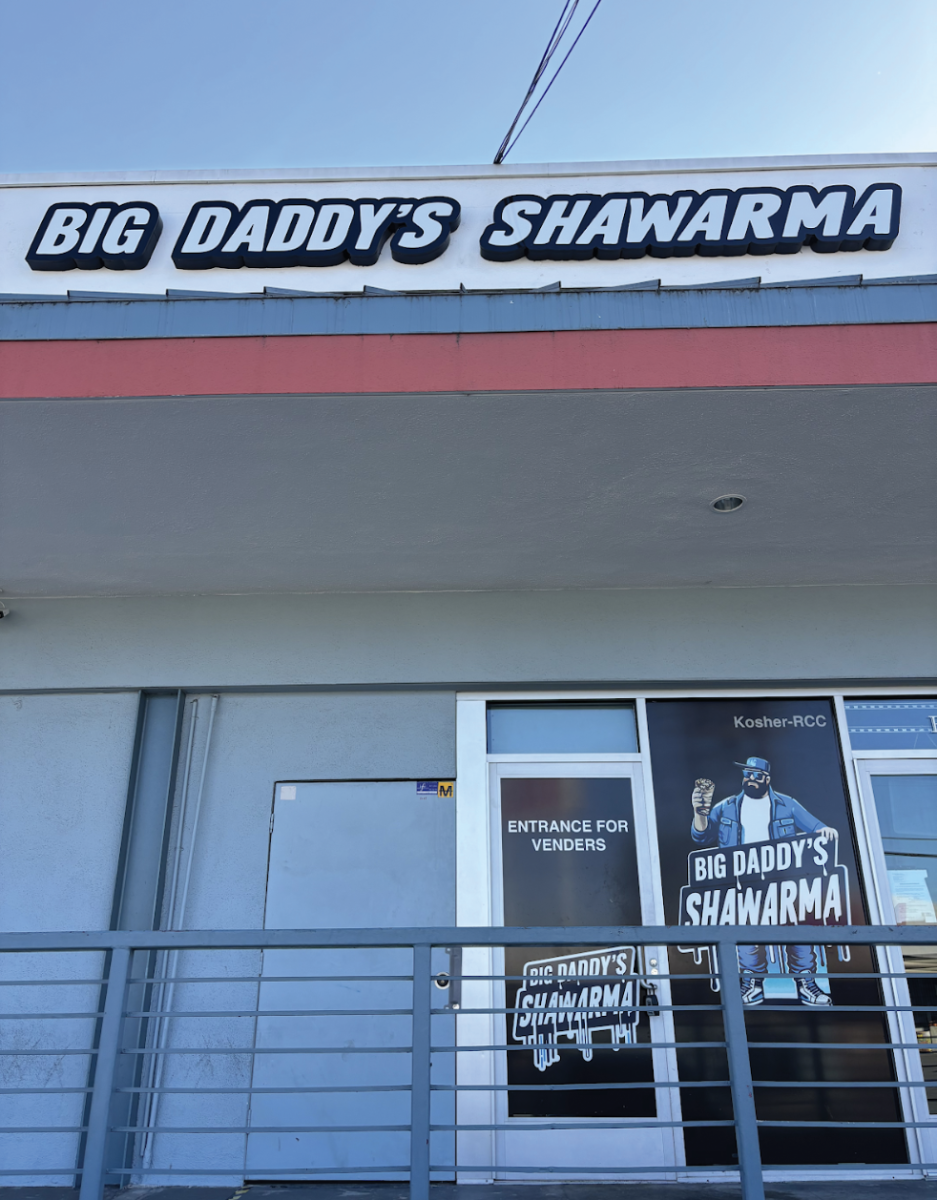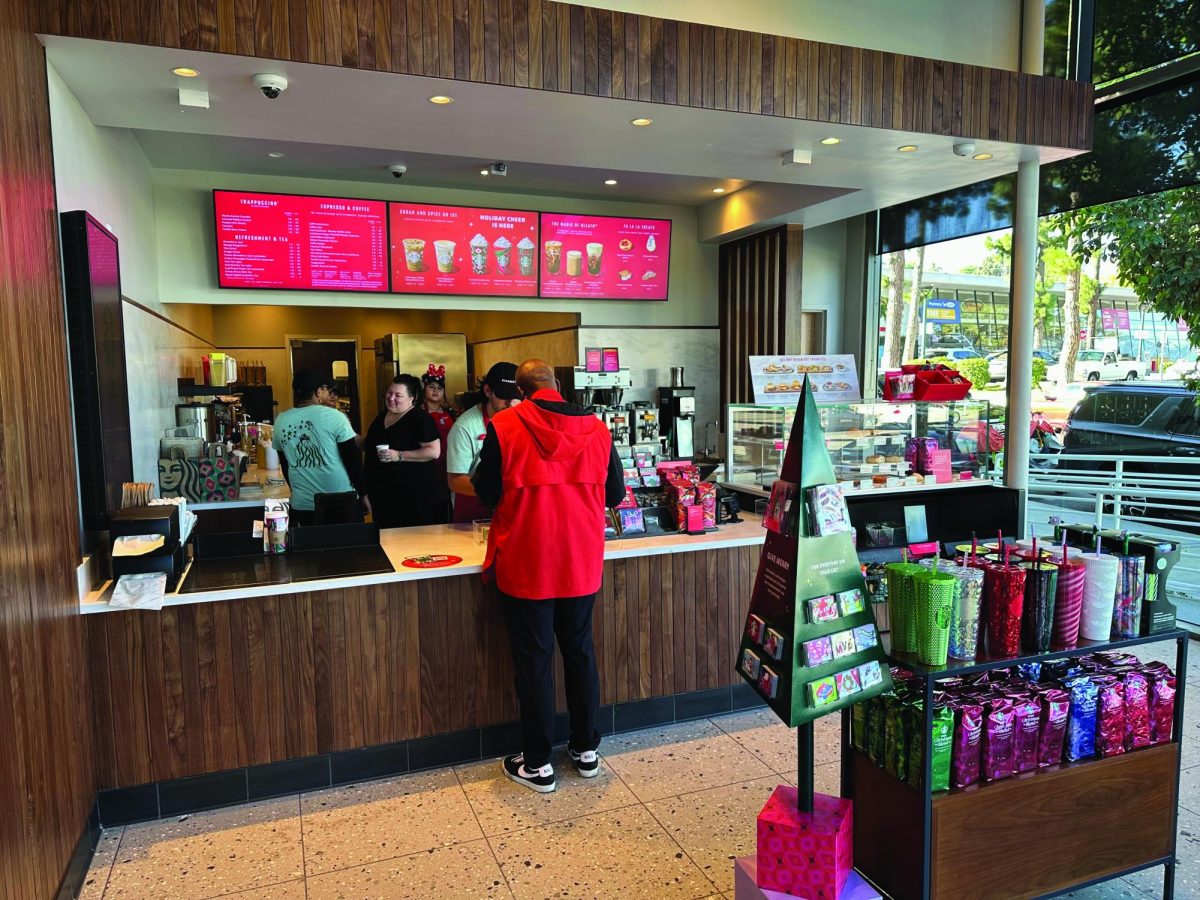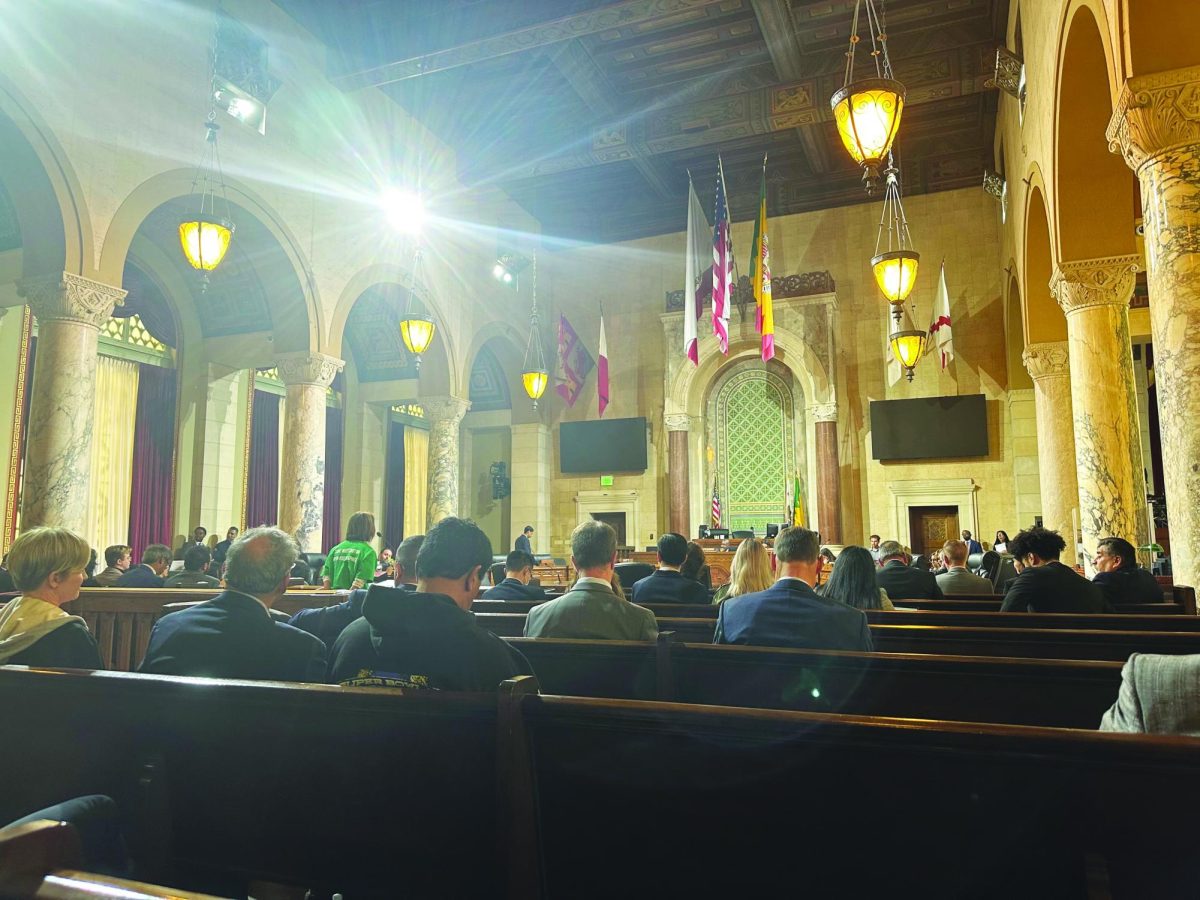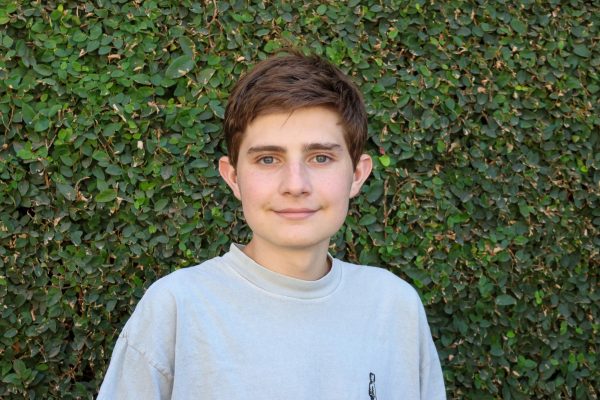Harvard-Westlake Student Alumni Association (HWSAA) hosted its annual Community Board Meeting in the newly renovated Mudd Library on Jan. 24. The event, which was open to all alumni, highlighted recent developments at the school, including the renovation of Mudd Library and the ongoing River Park project, which was unanimously approved in September.
President of the Alumni Association Angel Horacek ’95 said the meeting aimed to keep former students engaged with the school community even after moving on from the school.
“This Community Board Meeting is an open meeting that we’ve been having for the last few years,” Horacek said. “We encourage all of the alumni to come back and feel like they’re a part of what’s happening with the alumni board. It helps them get knowledge about what [HWSAA] is doing, and it also provides opportunities for them to participate if they haven’t done so in the past.”
Head of School Laura Ross spoke to alumni about the school’s efforts to improve student mental health since the last school year.
Ross said the aftermath of the tragedies on campus encouraged her to reconsider the school’s approach to mental health.
“I’ve worked in schools and colleges for 27 years, and there’s no question that [last year was] the hardest time for me as a person [and] as a professional,” Ross said. “As we watched the mental health crisis hit teenagers, all of us educators were thinking, ‘What can we do? Are we serving kids right?’”
Another major topic at the meeting was River Park, which was approved by the Los Angeles City Council in a unanimous vote Nov. 14. Ross said she is glad the neighborhood granted its green light for River Park and promised new developments for the project in the next two months. Ross said although she empathizes with Studio City residents who oppose River Park, she hopes they will soon recognize the benefits of the project.
“It has been six years of extraordinarily hard work by so many people to make [River Park] happen,” Ross said. “It will not surprise you that there are still neighbors [who] don’t think it’s the best idea. Our great hope is that once they see that we keep our promises, they will see that we do intend to share it with the community every day.”
Head of Peer Support and Interdisciplinary Studies Tina McGraw ’01, who teaches a class called “The Science of Psychology,” spoke about the Kutler Center, and its impacts.
She said the creation of the Kutler Center has given her more freedom to teach interdisciplinary subjects such as her psychology class.
“Psychology just lends itself so naturally to this interdisciplinary process,” McGraw said. “One of the most wonderful things is that we get to spend so much time letting students marinate and reflect on their own experiences, and how they connect with the material. Unlike an [Advanced Placement (AP)] Psychology class, if I were teaching that, I would have to be rushing through content, just 100 miles an hour every single day.”



































